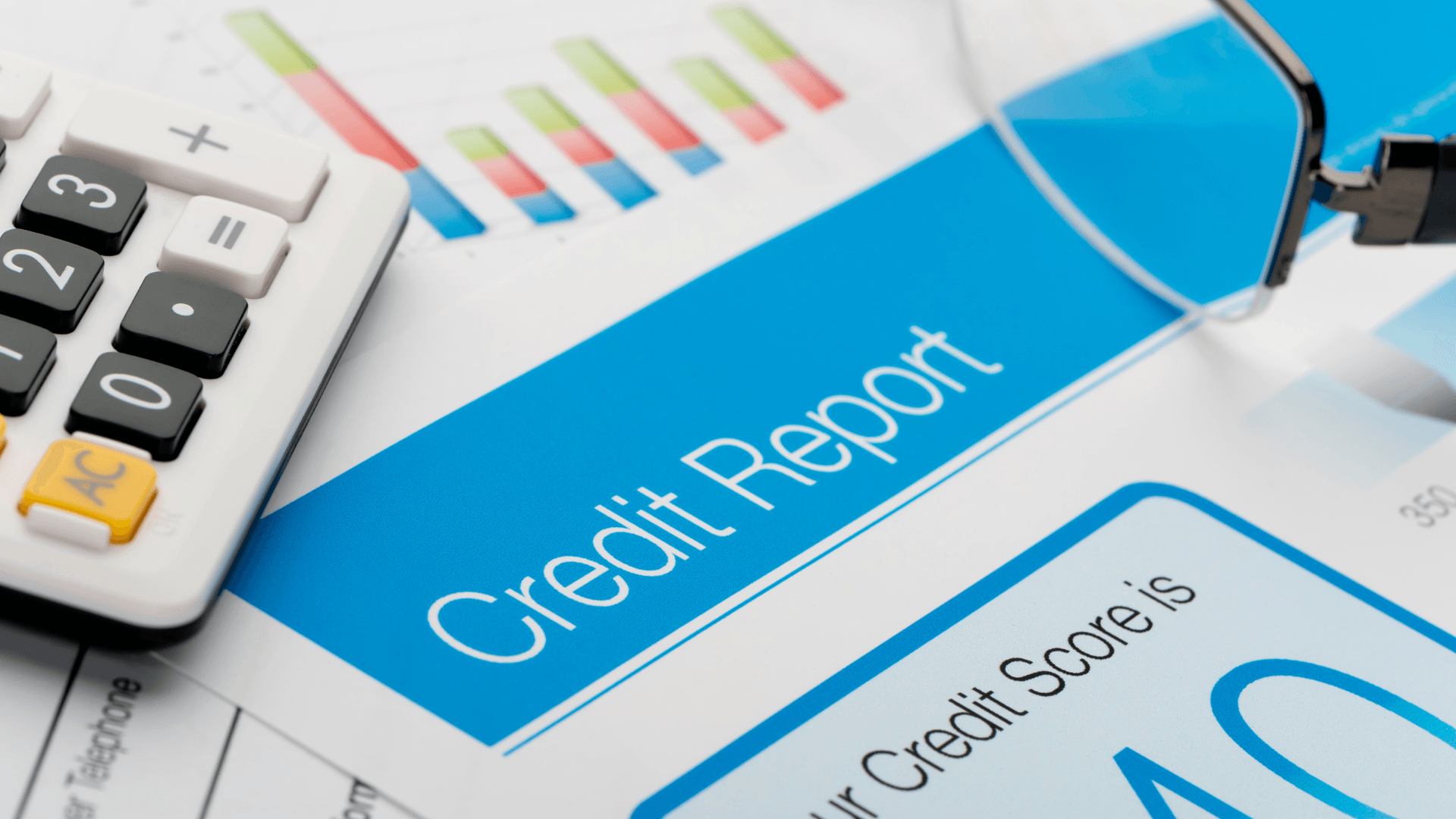How To Improve Your Credit Score Fast
There are things you can do to quickly improve your credit score in as little as 30-90 days. We’ll discuss several of these in this article.

How Your Credit Score Affects Your Mortgage
Your credit score (FICO Score) is a key element of your ability to get a mortgage so you can buy a house. (And lots of other things in your life.)
But, there’s something else you may not realize – the higher your credit score, the lower your mortgage rate. Even 5-10 additional points on your FICO Score could literally save you tens of thousands of dollars over the life of your mortgage. (Not to mention other savings, like insurance rates that go down as your credit score goes up.)
To see what I mean, consider the following list of the average interest rates and monthly payments charged for a 30-year fixed mortgage as of July 12, 2022, on a $300,000 loan (without taxes or escrow). (To see these rate differences as of right now.
Just imagine how much it would save you if you could increase your credit score by just enough to push you a few points higher to qualify for a cheaper interest rate!
*On a $300,000 loan (without taxes or escrow)
This makes it worthwhile to drill down into your credit score several months before going house shopping to improve it before applying for a mortgage.
Key Steps To Improve Your Credit Score Fast
1. Pay Down Your Credit Cards That Are Above 33% Utilization
One key element in your credit score looks at credit utilization – the percentage of your credit limit you are using for each credit line you have. Credit bureaus want your overall credit utilization number to be below 30%; the lower, the better. For example, if you have a $9,000 limit on a card and its balance is $4,000, you’re currently at a credit utilization factor of $4,000 / $9,000 = 44.4%. Paying $1,500 on that card would drop its credit utilization factor to 27.8%, below the target maximum of 30%.
This brings up another common mistake we see people make when trying to quickly improve their credit score – paying a bunch of money to a single creditor.
Let’s imagine that you have $5,000 you could use towards paying off debt to increase your credit score. If you have several cards above the 30% credit utilization score, it would usually be more valuable for you to spread that $5,000 across multiple cards to get their balances below 30% than it would be for you to put all of that $5,000 on one card.
2. Ask For Higher Credit Limits
Another way to improve your credit utilization rate, but this time without forking out a bunch of money, is to ask your creditors for a higher credit limit. For example, remember that card to which you owed $4,000? If you could get that bank to increase your $9,000 credit limit on that card to $15,000, your $4,000 amount owed would now have a credit utilization factor of only 26.7% – without paying out a cent!
This is fast and easy to do. Simply contact your lenders and ask for a higher credit limit. While you’re at it, ask them if they can do it without making a hard credit check because a hard credit check will decrease your score for a while.
But, there is a critical caution I should bring up – don’t spend more just because you can. This higher credit limit is designed to increase your credit score so you can get a better mortgage, not to put you further into credit card debt!
3. Become An Authorized User On Someone Else’s Account
If you have a family member or close friend who has excellent credit, you may want to ask them if they would be willing to add you as an authorized user on their account. This is called credit piggybacking.
Here’s how I’d approach it with them – they add you as an authorized user, but they don’t even give you the account number, a card, or any way that will provide you with a way to make charges against that account. This way, there’s almost no potential downside for them.
But for you, this adds their excellent credit history to your account, quickly improving your score.
4. Correct Errors In Your Credit Report
Start by going to AnnualCreditReport.com and requesting a copy of your credit report from each of the three credit bureaus – Equifax, Experian, and Transunion.
(Note, many different sites want to charge you for a credit report, AnnualCreditReport.com is authorized by the Federal Government to give you one free credit report from each reporting bureau each year, so make sure you’re on the right site!)
More than 1/3rd of all credit reports contain errors, so yours may too. Comb through your report line by line, looking for incorrect information. Frequently these are things like payments recorded as missing that were paid, accounts that show as open that have been closed, accounts incorrectly attributed to you, accounts that went to collection and were paid off that still show as open, etc.
You can’t fix true things, even if they don’t look good on your record, but you may find some areas that could be corrected, which could clean up your report and increase your score.
5. Pay off Accounts In Collections
If you have any accounts that have been sent to collection agencies, it’s almost always a good idea to just take care of them and pay them off. You won’t like it; you may even disagree with it, but the longer an account stays in collections, the higher the probability that you will be sued, which will be even worse for you.
Many times collections agencies have purchased your account for a few cents on the dollar, so contacting them and negotiating a payoff with them for a fraction of the amount they’re owed can potentially reduce your total costs while removing the pain and risk of having accounts in collections.
Once it’s paid off, they will submit that status to the credit reporting agencies. In the newer credit models, once paid off, they should drop off your report, improving your score.
6. Pay Bills On Time
You may not realize it, but late payments reduce your credit scores. Getting into the habit of paying bills as soon as they’re received can, over time, give you a significant increase in your score.
And what’s worse, late payments can stay on your credit report for as long as 7.5 years!
One of my favorite strategies is to pay your entire credit card balance twice a month. That not only ensures I’ll never be late, but it also reduces my credit utilization score because the balance never grows to a significant level. Even if you can’t make the whole payment twice a month, paying more than your minimum payment two times a month will help!
7. Avoid Applying For New Accounts
Every time you apply for a new credit account, like a card, a car loan, a store card, etc., your credit score decreases. It’s always a good idea to never apply for or open a new account within the 3 months or so before applying for a mortgage.
8. Ask For Negative Reports To Be Removed From Your Report
If you’ve had accounts go to collections or purchased by someone else that you’ve paid off, you can have them remove that account from your credit report.
This is different than just removing the negative report; by removing the account altogether, they disappear from your report, increasing your score.
9. Completely Pay Off Small Balances
I know that when you’re preparing to buy a house, there’s always a juggling act between how much to pay down your existing debt versus paying more in down payment, and I can’t give you an easy answer here.
But what I can suggest is this – carefully look at accounts on your credit report that have relatively small amounts remaining. Spending a few thousand dollars to pay those off now, several months before applying for a mortgage loan, could end up improving your credit score enough that you’ll save that amount every year for the next 30 years.
How Long Will It Take For These Changes To Improve Your Credit Report?
Several of these changes could improve your report within 2-4 weeks; others will take about three months to be fully reflected in your credit score.
So, it’s worth it not only to do this process but to start several months before applying for a mortgage.
How Much Could My Credit Score Increase By Taking These Actions?
It all depends on your circumstances, but in many cases, you could potentially increase your score by 10-20 points, which could have a major impact on your monthly mortgage payments.
And here’s the cool thing – the lower your credit score, the more it could improve by taking these actions. We’ve seen examples of people with poor scores increasing their scores by around 100 points by doing these things.
As per us at KeithGo Lending Team
Your credit score is a reflection of your financial habits and history. While you can’t game the system, there are a few steps you can take which can have fairly immediate positive effects on your credit score, which can save you lots of money on your monthly mortgage and other payments.
Share This Blog










